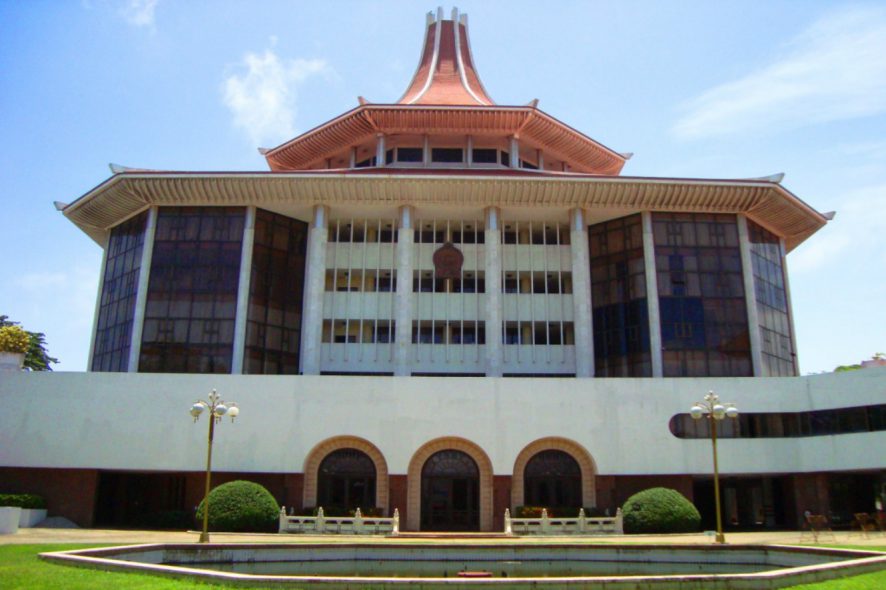Court of Appeal of the Democratic Socialist Republic of Sri Lanka: Mahinda Samayawardhena, J. dismissed the petition application by the petitioner.
In the present case, the petitioner filed an application seeking restoration of her rights to Lot 2 in the Preliminary Plan by way of amending the Judgment and the Interlocutory Decree entered thereon and to permit her to file a statement of claim and proceed with the case. In the original case, the plaintiff had filed a partition application before the District Court to partition a land between plaintiff and defendants. At the preliminary survey, Pinhamy, the mother of the petitioner had claimed before the surveyor that she was unaware regarding the partition, regarding which the petitioner had filed a petition contending that her mother, Pinhamy, was unaware of the partition action. However, the learned District Judge in his own handwriting had written that Pinhamy was present in Court and journal entry to that effect had disclaimed any right to the corpus is erroneous.
It was noted that a party could not appeal in dispute what the Judge had written in his own handwriting in a case record unless he had first taken up that matter before the lower Court. Here, the petitioner was not even a party to the case and Pinhamy did not even make such an allegation against the Judge. Relevance was placed on Chaminda v. Republic of Sri Lanka, [2009] 1 Sri LR 144, in which it was held that litigant could not make a convenient statement in court and contradict a judicial record. After trial, the Judgment had been entered and the appeal filed against the said Judgment had been dismissed by the Court in 2001. Thereafter a commission had been issued to prepare the final scheme of partition. The petitioner said that, when the surveyor came to the land for final survey, Pinhamy along with two others obstructed the surveyor to execute the commission as a part of a different land claimed by them was being surveyed, and until the surveyor showed her the Preliminary Plan and informed her of the purpose of his visit, she was unaware of the partition case; which meant that in 2003 after surveyors came she became aware of the partition case. However, the petitioner went before the Court of Appeal, 7 years after her mother became aware of the partition action. The Court noted that a person who sought restitutio integrum must act promptly.
As the petitioner did not act with the utmost promptness and was not right indirectly appealing to the Court of Appeal, the application of the petitioner was dismissed.[Bandaranayaka Liyanaarachchilage Pemawathi v. Coranelis Wickremasinghe Arachchi, 2019 SCC OnLine SL CA 4, decided on 02-05-2019]







